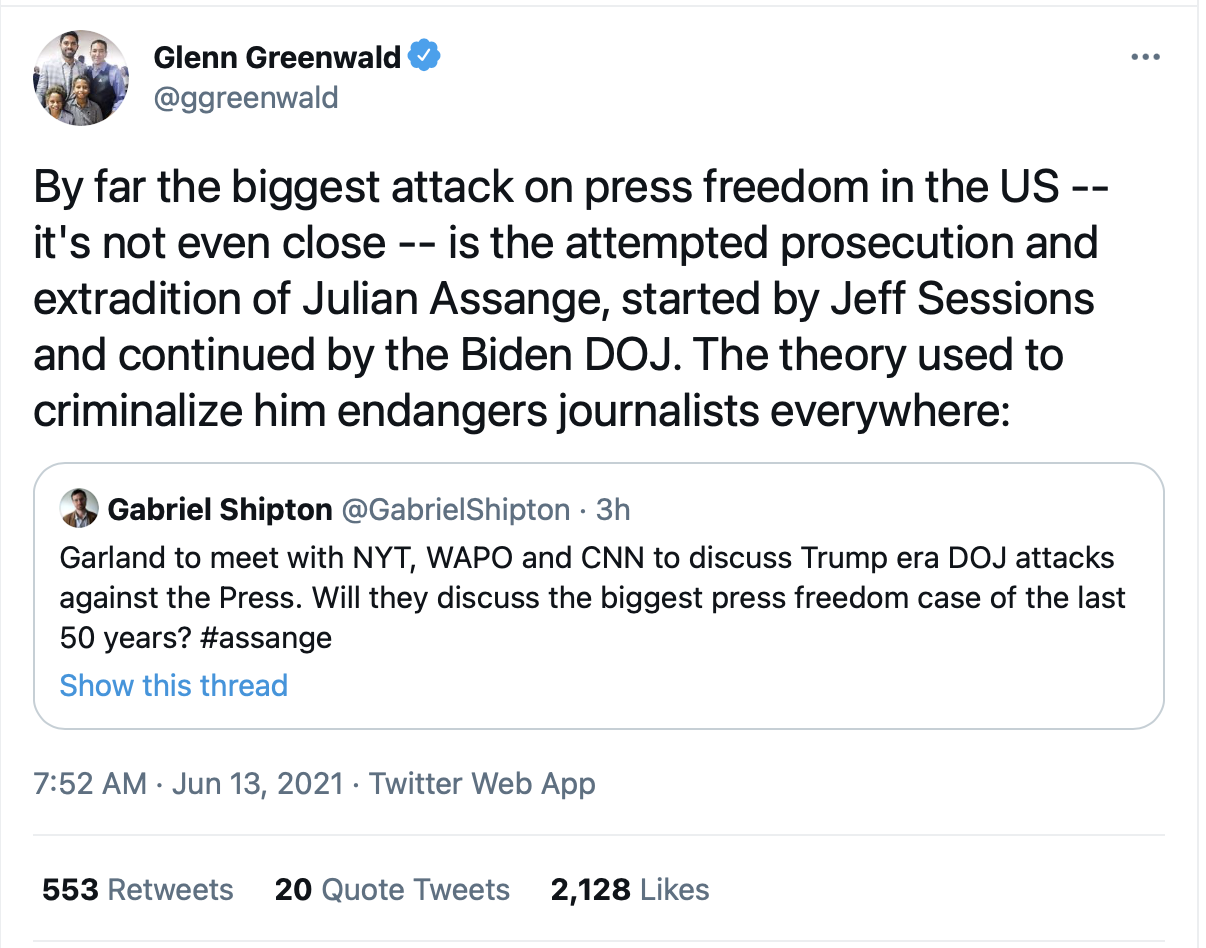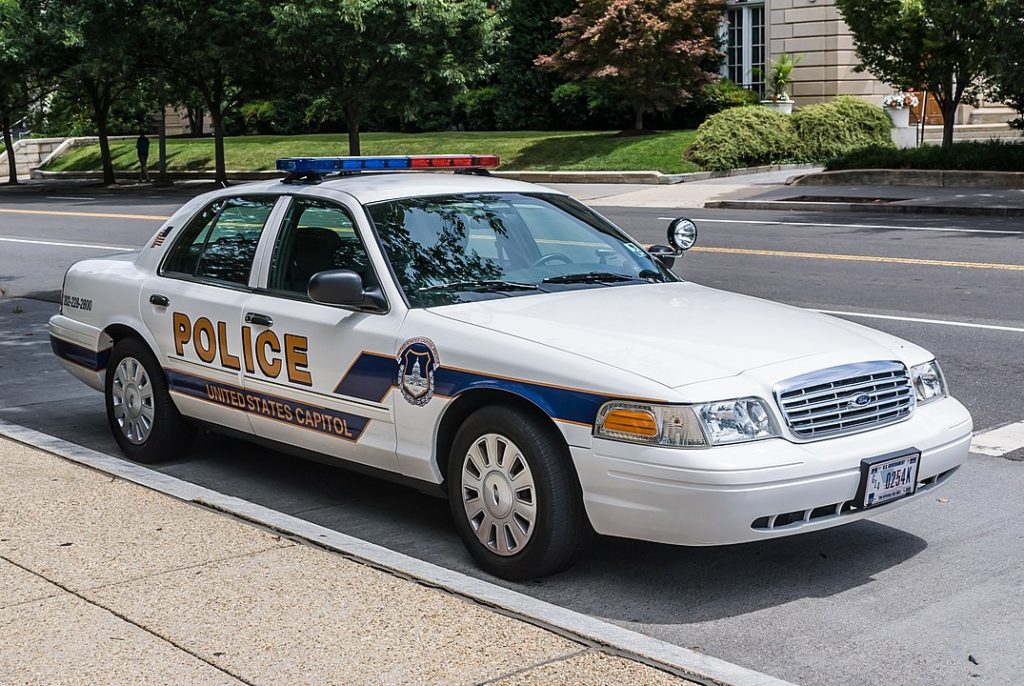About Police Officers Aggressively Talking to Strangers. Why This has been Encouraged and What Can Go Wrong.
Matt Taibbi has reviewed Malcom Gladwell's book, published in 2019, prior to the George Floyd incdent. The title of Gladwell's book is Talking to Strangers: What We Should Know About the People We Don’t Know. Taibbi's article is "The Overlooked Factors in Police Abuse CasesCops take most of the blame, often deservedly, but the single-minded media furor of the last year has let other bad actors off the hook." Taibbi cautions that when things go wrong between police and those who identify as black, it's often about far more than race, and we need to consider the role of the politicians who encourage these frequent contacts between police and strangers. Sometimes, as in Ferguson, what is motivating these contacts is for profit policing.
Gladwell’s point seems to be that if you ask police to stop millions of cars and pedestrians, and instruct them to look for pretexts to conduct searches of all of them, police will override their “default to truth” and begin to see threats in innocent people everywhere. He’s trying to be understanding about scenes like the Encinia video, by asking readers to look at the policy context underneath that car stop.
The backdrop of the Ferguson, Missouri case, for instance, involved the strained finances of the city. As the Justice Department later found, “City officials routinely urge [police] to generate more revenue through enforcement,” which meant busting people not just for breaking the law but violating municipal order codes...
Individual police got most of the blame, and in some cases deserved it, but it’s politicians desperate for revenue or lower crime numbers who artificially heighten stranger contacts, jack up numbers of bogus summonses and tickets, and push people like Brian Encinia to fudge pretexts for thousands if not millions of stops and searches.
A percentage of those encounters will always go wrong, and when they do, it’s not always all about racism. It’s usually also about political stupidity, greed, and laziness, and a host of other problems our habit of reaching for simplistic explanations prevents us from understanding. Saying it’s all about race or white supremacy isn’t just inaccurate, it lets bad actors off the hook — especially city politicians and their upscale yuppie donors who vote for these interventionist policies, and are all too happy to see badge-wearing social janitors from middle-class towns in Long Island or Westchester take the rap when things go bad.
Gladwell concludes that “Sandra Bland is what happens when a society does not know how to talk to strangers,” but I think that doesn’t put it strongly enough. Bland is what happens when police spend too much time talking to strangers, and when the rest of us talk too little about why that is.
Gladwell opens the above talk (regarding his book) with this:
I wanted to talk a little bit about it a paradox about human communication which i think is extremely important and relatively under-recognized and that is that everything that is good and meaningful and powerful about a human communication has a price as it turns out I think the price is worth paying but I think sometimes we overlook the consequences of the fact that there is this particular consequence to effective communication.The following excerpt is from a summary of Gladwell's book.
The problem at the heart of the two puzzles is that people assume that they can make sense of others based on relatively simple strategies. But when it comes to strangers, nothing is as simple as it seems.There are three major strategies that people use to make sense of strangers:
People default to truth. People assume transparency. People neglect coupled behaviors.
These three strategies ultimately fail because they operate under the assumption that simple clues are enough evidence of a stranger’s internal thoughts or intentions. We will look at each of these strategies separately to see where they came from and why they often result in failed interactions with strangers.



